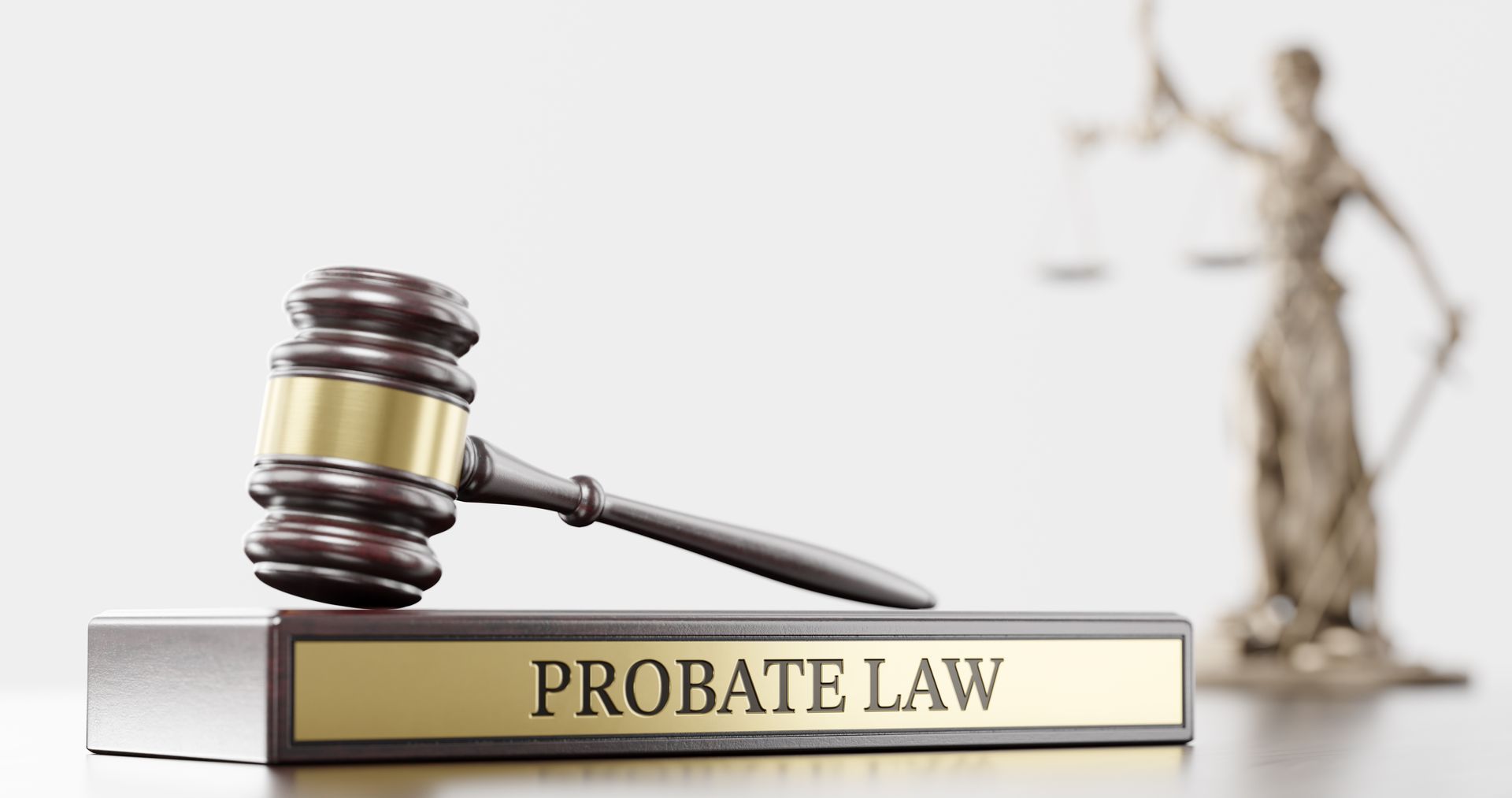Navigating Bankruptcy Court Hearings in Chapter 13 Cases: A Comprehensive Guide for Illinois Residents
If you're considering filing for bankruptcy, you may be wondering what happens during the court process. In particular, you might be curious about what role you'll play in the proceedings, especially if you're filing for Chapter 13. The good news is that Chapter 13 bankruptcy cases typically involve fewer court appearances than Chapter 7 cases. However, it's likely that you'll still be asked to attend a hearing at some point during the process. In this post, we'll take a closer look at what you can expect at a bankruptcy court hearing in a Chapter 13 case.
1. Do I Have to Go to Court, or Will My Lawyer Go for Me?
If you file for Chapter 13 bankruptcy, you will need to attend a court hearing known as the "Meeting of Creditors" or "341 meeting". This hearing typically happens within several weeks after you file for bankruptcy. It typically takes around 30 minutes for the hearing, and you must be physically present at the hearing.
You and your bankruptcy attorney are the only ones who will be present at the hearing; this means that your creditors and Bankruptcy Trustee will not be present. Your attorney will guide you through the proceedings and answer any questions you may have about the bankruptcy process.
2. What Does a Bankruptcy Court Do?
The primary role of the bankruptcy court is to oversee bankruptcy proceedings, mediate disputes, and ensure that the bankruptcy process runs smoothly. During a Chapter 13 hearing, the Bankruptcy Trustee assigned to your case will ask you a few questions about your financial situation. The questions are designed to ensure that you have provided accurate information on your bankruptcy forms and to give the Trustee an opportunity to clear up any questions. The Trustee's primary role in your Chapter 13 bankruptcy case is to review your payment plan and ensure that it's feasible and compliant with bankruptcy law.
3. What to Expect at the Meeting of Creditors
The Meeting of Creditors is relatively informal. You'll be asked a series of questions about your financial situation, which will be recorded for the bankruptcy court file. The Trustee may also ask questions about the payment plan you've proposed to your creditors. Here are a few examples of questions the Trustee may ask:
– Did you read and sign the bankruptcy forms filed with the court?
– Did you list all your creditors?
– Did you list all of your assets and income accurately?
– Do you owe any child support or alimony payments?
– Have you filed tax returns for the last few years?
– How do you plan to pay your creditors under your proposed payment plan?
4. What Happens After the Meeting of Creditors?
After the Meeting of Creditors, the Bankruptcy Trustee will either approve your payment plan as is or request that you submit a modified plan. Once the judge approves your plan, you'll be required to make payments to the Trustee, who will distribute the money to your creditors according to the plan's terms. It typically takes three to five years to make your payments under a Chapter 13 payment plan. Once you've made all the payments, any remaining debts that are eligible for discharge will be wiped out, and you'll receive a discharge from the court.
Bankruptcy can be an intimidating prospect, but it's important to know that the court process will not be arduous, especially in a Chapter 13 case. While you will need to attend a Meeting of Creditors, you won't have to go to court in the same sense that many defendants do. Your bankruptcy attorney will guide you through the process and answer any questions you may have. Remember that filing for bankruptcy is a positive step towards a fresh financial start. With the help of an experienced bankruptcy lawyer, you can look forward to a debt-free future.













